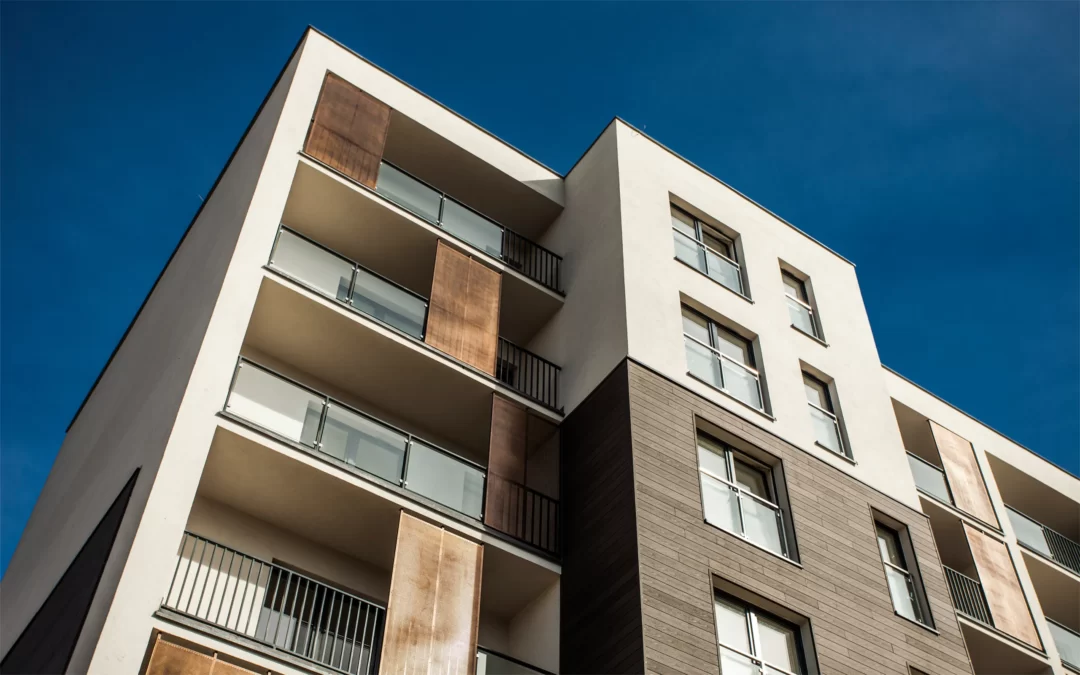On 10 March 2023, Justice Darke issued an interlocutory decision in the NSW Supreme Court rejecting an application to stay proceedings for 12 months, despite ongoing investigations by ‘Project Intervene’ – an initiative that allows the NSW Department of Fair Trading (Fair Trading) to compel developers or builders to remediate serious building defects.
Among other events, the Opal Towers disaster (we acted for the owners corporation of that building in respect of building defects) paved the path for Commissioner Chandler to introduce the Residential Apartment Buildings (Compliance and Enforcement Powers) Act 2020 (NSW) (RAB Act).
The primary objective of the RAB Act was to enhance regulation pertaining to the construction of residential apartment buildings through the implementation of proactive measures for investigation and remediation, exemplified by the introduction of Project Intervene.
One of the stated benefits of Project Intervene is that there would be no costly and time-consuming litigation. All parties enter voluntarily but once an undertaking is signed it is legally binding.
Background
In August 2021, The Owners – Strata Plan No 99567 (Owners Corporation) commenced proceedings against Central Construct Pty Ltd (Central Construct) and Gosford Water View Pty Ltd (Gosford Water), the alleged builder and developer, respectively, of the relevant strata development, for defective building work.
By Notice of Motion filed 22 February 2023, Central Construct and Gosford Water sought a 12 month stay of proceedings pursuant to s 67 of the Civil Procedural Act 2005 (NSW). The application for stay was sought in circumstances where the alleged defective building work was subject of an investigation by Project Intervene under the RAB Act.
Judgment
Justice Darke was not persuaded that the stay of proceedings was necessary to effectively allow the process under the RAB Act to first proceed to a conclusion. His Honour held that the outcome and timing of the investigation was uncertain, especially considering the potential for legal proceedings to emerge as a consequence of the investigation process. Even if orders were made under the RAB Act, his Honour observed that the Owners Corporation would not be awarded any damages by way of compensation.
Furthermore, although there was a risk of inconsistent findings in different Courts should the process under the RAB Act lead to Court proceedings, his Honour held that this did not preclude the Owners Corporation from defending their legal rights in the current proceedings. As such, the application for stay was rejected.
Implications
This decision highlights that it is unlikely that builders and developers who are involved in legal proceedings and are concurrently subject to investigations under the RAB Act will be granted a stay of proceedings, even so if there exists a possibility that the purported defective work subject of the proceedings will be remedied under the RAB Act.
The contents of this publication are for reference purposes only. This publication does not constitute legal advice and should not be relied upon as legal advice. Specific legal advice should always be sought separately before taking any action based on this publication.
Liability limited by a scheme approved under Professional Standards Legislation.
Author: Maysaa Parrino & Ericka Pham


